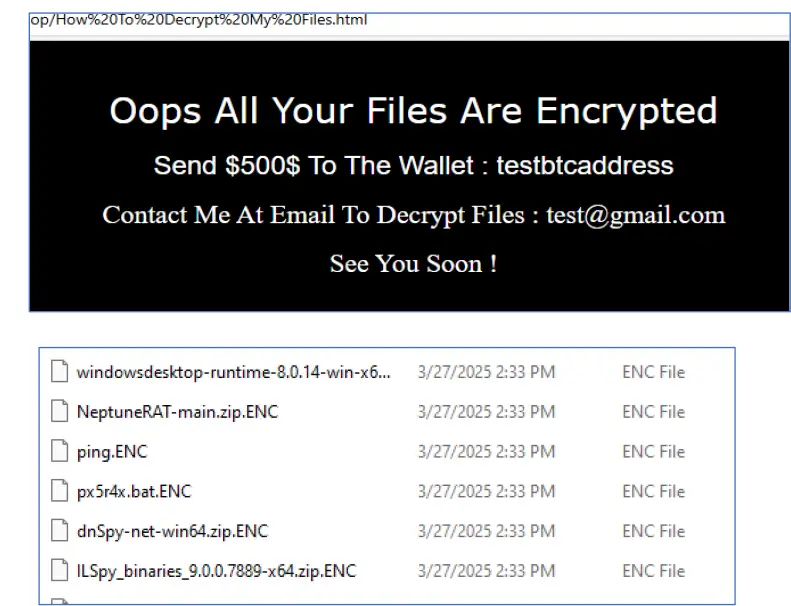
A new strain of malicious software known as Neptune RAT is being distributed through popular platforms such as GitHub, Telegram, and YouTube. This remote access trojan discreetly seizes control over Windows-based systems, siphons confidential data, and can even obliterate entire systems at the command of its operator. CYFIRMA experts warn that behind its alluring promotion as “the most advanced RAT” lies a potent arsenal of digital destruction.
Marketed under the guise of serving “ethical purposes” and educational use, Neptune RAT is in reality a turnkey cyberweapon catering to novice cybercriminals. Its creator offers a user-friendly malware builder, a free version on GitHub, and showcases the tool through promotional videos on YouTube. A more feature-rich version is locked behind a paid subscription.
The malware comes equipped with a wide array of capabilities, starting with a cryptocurrency clipper—a function that intercepts wallet addresses copied to the clipboard and silently replaces them with those controlled by the attacker. Unsuspecting victims unwittingly send their crypto funds directly to the adversary.
Among the most dangerous features is a password stealer that extracts login credentials from over 270 applications, including browsers, messaging platforms, and even secure system vaults. This grants threat actors unauthorized access to victims’ social media, email, and banking accounts.
Moreover, Neptune has ransomware functionality, encrypting files and demanding payment for their release. It can disable antivirus defenses, including Microsoft Defender, rendering the infection nearly invisible. Additional capabilities include real-time screen surveillance and the ability to completely wipe a system.
The malware’s developer operates with startling transparency. The GitHub profile openly references affiliations with a group called Freemasonry and mentions usernames ABOLHB and Rino. On Discord, the developer claims to be from Moscow but residing in Saudi Arabia and identifies as a member of the “Mason Team,” through which updates on malicious tools are shared.
The public dissemination of such malware through mainstream platforms significantly increases the risk of widespread infections, particularly among inexperienced users intrigued by the promise of “hacker” tools.
CYFIRMA analysts emphasize that Neptune RAT is not merely another piece of malware—it is an entire platform engineered for the remote domination and destruction of digital environments. Without robust defenses and vigilant behavior, any system could fall victim in a matter of minutes.


